Johnny Huang
Library Blogs
Showing 671 - 680 of 1996 items
•
As an Industrial & Operations Engineering student, I enjoyed learning operations management knowledge from Eddie Davila’s LinkedIn Learning Course and hope to improve upon the Shapiro Design Lab in an operations standpoint for the future.
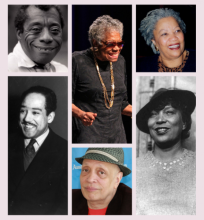
February is Black History Month. It's been awhile since I've done a rec post, so I decided to cover some classic black authors that you should check out this month. This is far from a complete list of all the authors and books I could have included. So without further ado, here are some recommendations of books written by black authors about black experiences.
•
Through Mari Katayama of Stamps Speaker Series and the accessibility team at the Shapiro Design Lab, I learned how to bring changes within my own passions to make the university more accessible through design.
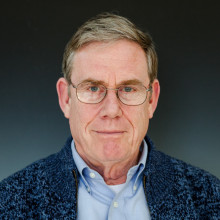
Professor Peter Bol of Harvard University leads the next Deep Dive into Data and Digital Methods for Chinese Studies
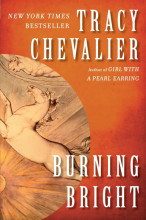
Tracy Chevalier, author of Girl with A Pearl Earring, tells the story of two children in 1790s London, country boy Jem, who has recently moved to London when his father finds work with Astley's Circus, and streetwise city girl Maggie, and their friendship with poet and engraver William Blake. The children become the inspiration for Blake's most famous books of poetry. Chevalier paints a vivid portrait of life in London at the time of the French Revolution.
•
Using the Shapiro Design Lab to laser engrave the rustic sign, "Fort Fluffybutt," for my chicken palace!
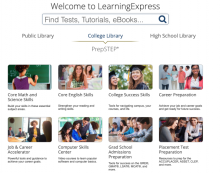
The library has access to a vast amount of materials online, making it easy for things to get “lost” in a sea of electronic resources. Today I want to highlight access your library privileges give you to a variety of online test prep materials.
•
Over the past year our work has been featured in a video and podcast.
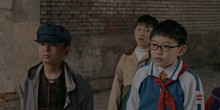
The CHOP (China Ongoing Perspectives) series will be showing Zheng Qiong's 2016 film A Way Out on February 12 at 5:30 pm in Weiser Hall's 10th floor event space.
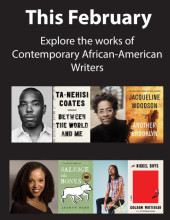
Celebrate the work of African-American writers during Black History month. Books on display in the Shapiro Library highlight both fiction and non-fiction works by contemporary African-American authors.